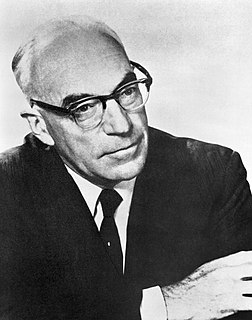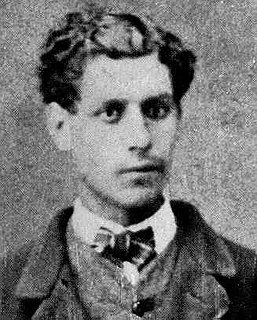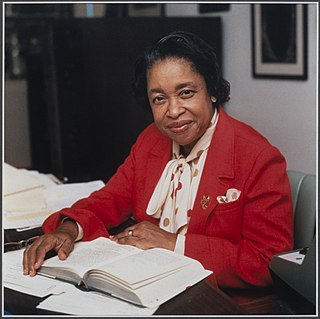A Quote by John Eccles
A better understanding of the brain is certain to lead man to a richer comprehension both of himself, of his fellow man, and of society, and in fact of the whole world with its problems.
Related Quotes
If we apply the term revolution to what happened in North America between 1776 and 1829, it has a special meaning. Normally, the word describes the process by which man transforms himself from one kind of man, living in one kind of society, with one way of looking at the world, into another kind of man, another society, another conception of life.... The American case is different: it is not a question of the Old Man transforming himself into the New, but of the New Man becoming alive to the fact that he is new, that he has been transformed already without his having realized it.
The man who has given himself to his country loves it better; the man who has fought for his friend honors him more; the man who has labored for his community values more highly the interests he has sought to conserve; the man who has wrought and planned and endured for the accomplishment of God's plan in the world sees the greatness of it, the divinity and glory of it, and is himself more perfectly assimilated to it.
I believe that the unity of man as opposed to other living things derives from the fact that man is the conscious life of himself. Man is conscious of himself, of his future, which is
death, of his smallness, of his impotence; he is aware of others as others; man is in nature, subject to its laws even if he transcends it with his thought.
But myth is something else than an explanation of the world, of history, and of destiny. Myth expresses in terms of the world - that is, of the other world or the second world - the understanding that man has of himself in relation to the foundation and the limit of his existence. Hence to demythologize is to interpret myth, that is, to relate the objective representations of the myth to the self-understanding which is both shown and concealed in it.
What a wee little part of a person's life are his acts and his words! His real life is led in his head, and is known to none but himself. All day long, the mill of his brain is grinding, and his thoughts, not those of other things, are his history. These are his life, and they are not written. Everyday would make a whole book of 80,000 words -- 365 books a year. Biographies are but the clothes and buttons of the man -- the biography of the man himself cannot be written.
Is not life exactly what it ought to be, in a certain sense? Isn't it only the naive who find all of this baffling? If you've a notion of what man's heart is, wouldn't you say that maybe the whole effort of man on earth to build a civilization is simply man's frantic and frightened attempt to hide himself from himself?
I believe deeply in a common humanity. The black man belongs to the family of man. One part of that family is out of control - like a virus or cancer - and that is the white man. He and his technological society are bent on destroying the world. Everywhere the white man has gone with his empire, he has destroyed people, races, societies, cultures, and in the course of it, has sterilized himself. He is completely the mechanical man: without heart, without soul. He is the Tin Man of The Wizard of Oz. But I don't believe that all the white people in the world are no good.




































